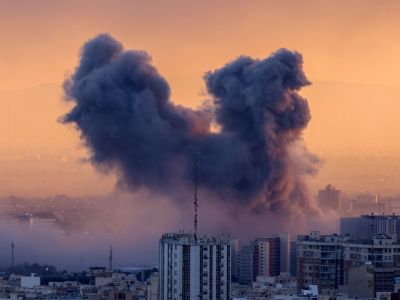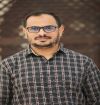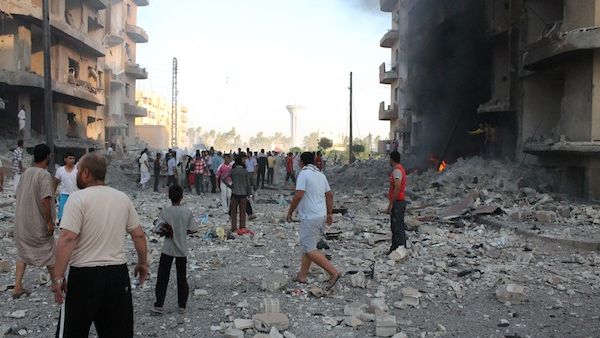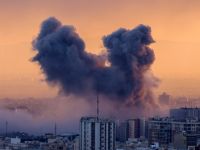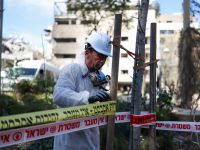There are fears Daesh may be planning to kill all remaining Christians in its Syrian stronghold of Raqqa after the militant group banned members of the faith from leaving the city.
Syrian activists say Daesh has 'issued a new decision' to block any Christian or Armenians from leaving its self-declared capital.
It is understood that about 25 Christian families still live in the city and there are now fresh concerns for their safety.
According to Foreign Desk News, the activist group 'Raqqa Is Being Slaughtered Silently' said on its website: "The suffering of Christians began with ISIS control of Raqqa."
"ISIS looks at Christians as infidels loyal to the West more than their loyalty to their homeland."
The new decree comes just days after remaining Daesh militants were pushed out of the ancient city of Palmyra by President Bashar al-Assad's forces backed up by Russian airstrikes.
Russia's six-month-old intervention in Syria helped to swing military momentum in Assad's favour, reversing last summer's gains by insurgents.
The recapture of Palmyra and its military airport, in the central Syrian desert, opens up the road further east to Deir Ezzor province and Raqqa.
During its reign of terror in Iraq and Syria, ISIS has forced out hundreds of thousands of Christians, threatening a religion that has endured in the region for 2,000 years.
Along the way, its fighters have destroyed buildings and ruins, historical and culturally significant structures they consider contrary to their interpretation of Islam.
The extremists have defaced or ruined ancient monuments in Nineveh, Palmyra and Hatra. Museums and libraries have been looted, books burned, artwork crushed — or trafficked.
In January satellite images showed how the oldest Christian monastery in Iraq, which had survived for more than 1,400 years, has been reduced to a field of rubble by Daesh fighters.
St. Elijah's Monastery, south of Mosul, northern Iraq, was completely wiped out by Daesh, joining a list of dozens of historical and religious sites purposely destroyed by the group.
By Julian Robinson
Editor's note: This article has been edited from the source material


